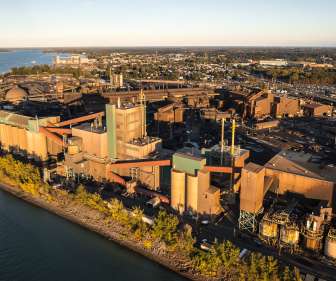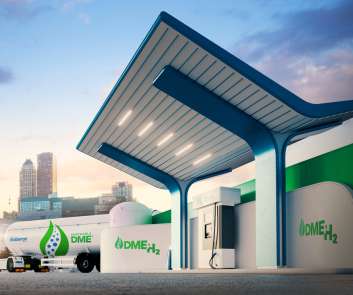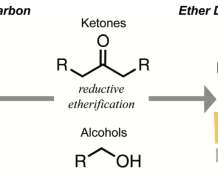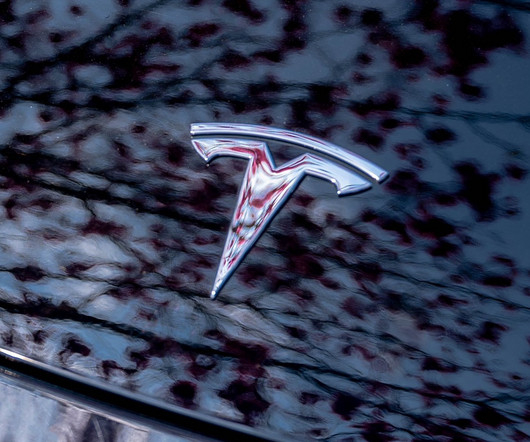Graforce plasma electrolysis for efficient generation of hydrogen from industrial waste water; partnering with Audi
Green Car Congress
OCTOBER 18, 2018
Berlin-based Graforce Hydro GmbH, the developer of a plasma electrolyzer—the Plasmalyzer —is applying its technology for the highly efficient generation of hydrogen from industrial waste water. The technology we’ve developed is capable of cleaning wastewater and producing a low-cost, low-emission fuel from it.









































Let's personalize your content